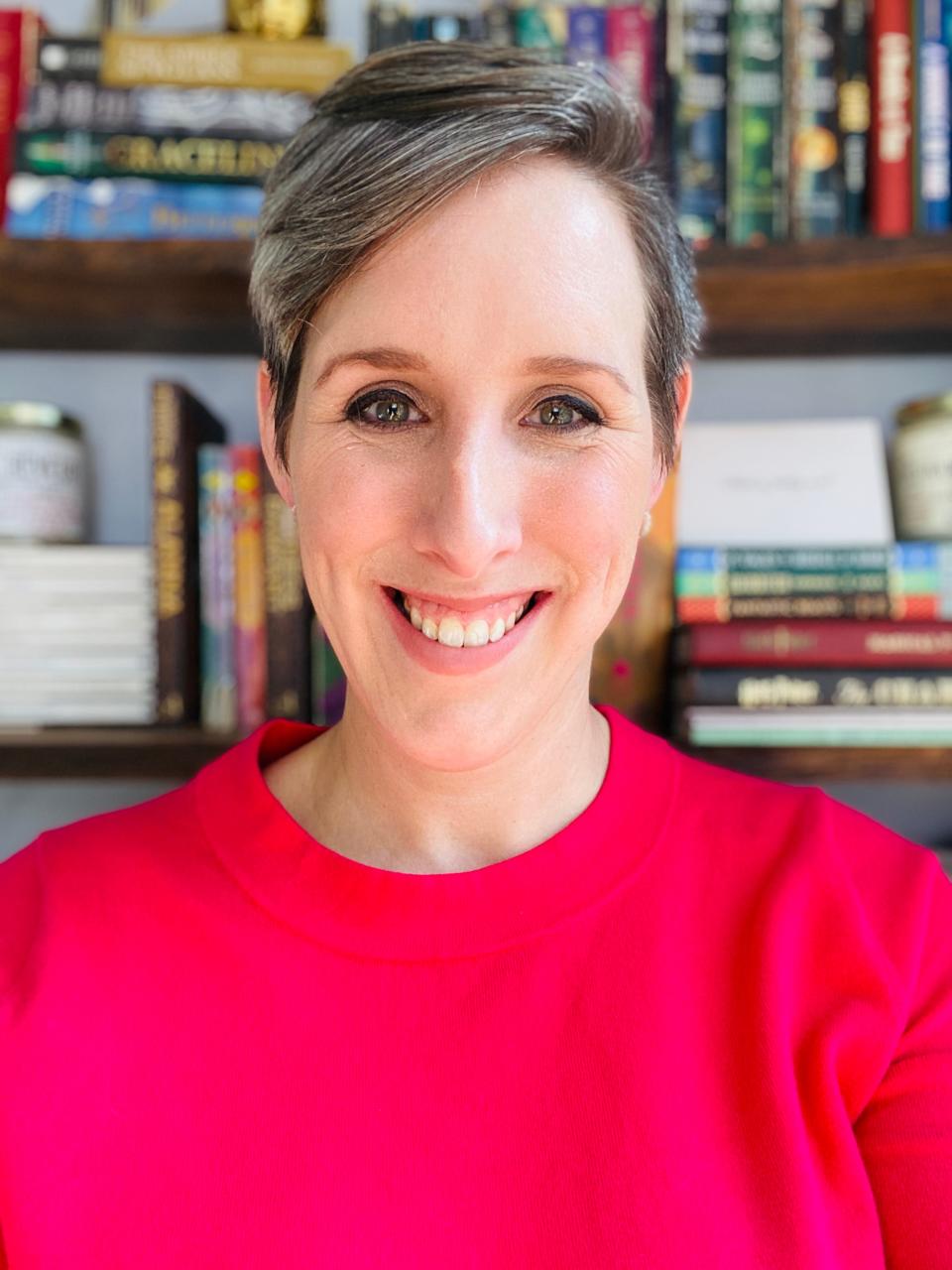Not just abortion: Overturning Roe v. Wade puts your right to conceive babies at risk, too
Thanks to Roe v. Wade, when my wife and I built our family together, we were able to conceive via in vitro fertilization (IVF).
That’s right: Roe v. Wade protected the right of people to conceive babies, too.
Following the U.S. Supreme Court's ruling to overturn 50 years of precedent in its decision in Dobbs v. Jackson Women's Health Organization, fertility services like IVF could be outlawed in states that legislatively declare that life begins at conception.
The impact will be immense and immediate, not only for people seeking access to abortion, but also for all of us who have relied on rights that flow from that ruling to help us make decisions about when and how to become parents.
How IVF could be outlawed with Roe overturned
Getting pregnant, and staying pregnant, can be an extremely difficult experience for many who want to build their families through pregnancy. According to the Centers for Disease Control and Prevention, about 7 million Americans experience fertility challenges, and many eventually attempt to get pregnant through IVF.
“In vitro” means “in glass” – imagine a petri dish – and it means that fertilization of an egg happens outside the human body in a lab, and later an embryo is transferred into the uterus for implantation.
Good for democracy: States will now decide abortion laws. Here's why that could be beneficial.
This is often paired with an extensive medication regime in a process that is expensive, often not covered by insurance, and emotionally and physically grueling. Families often need to go through multiple rounds of treatment to achieve a successful pregnancy. In the process, families often end up with embryos that are unneeded, not viable or unlikely to be viable. These are either donated or destroyed.
If these embryos – only about seven to 10 cells in size at this point – are given full legal rights as people, IVF could, overnight, become effectively impossible to perform.
Unsuspecting men: They don't yet know overturning Roe v. Wade will also change their lives
Anyone who, like me, needed the help of a dozen medical specialists, hundreds of needles, thousands of ultrasounds, multiple medical procedures and a bunch of petri dishes to finally be able to achieve a successful pregnancy knows that conceiving a child can sometimes take a miracle of modern medicine.

But anyone who, like me, has desired to be pregnant, fought to become pregnant, celebrated becoming pregnant, had the thrill of the positive pregnancy test – and then crashed into the stillness of a silent sonogram – knows better than most that conception is not a guarantee of anything.
Bringing a child into this world is not simple. It is not linear. It is not always joyful. It is not ever easy.
Bringing a child into this world is an emotionally, physically, socially and financially complex choice, and nothing could be more deeply personal.
Roe is about gender equality, not just abortion
I’ve always known that access to abortion and contraception are critical to gender equality and individual autonomy, but nothing made me believe that more fervently than my own journey toward parenthood. I am now the mother of three, two of whom were conceived using IVF. Parenting them is my life’s biggest gift – and challenge, trust me – and it was worth every injection and ultrasound and dollar and torturous wait for the bloodwork to come back.
Not easy, not selfish: I'm the mom I am today because I chose an abortion at 19
Much of the conversation about Dobbs and Roe is about abortion – and it should be. Some have expressed concerns about what this means for other constitutionally protected liberties, like marriage equality, which is supported by both equal protection arguments as well as arguments rooted in substantive due process – the latter being the body of constitutional jurisprudence to which Roe belongs. There is no shortage of negative impacts that flow from fewer than a dozen cells being given the legal status of personhood.
The right to personal autonomy, to privacy in these intimate choices – these rights are what allowed me to become a parent, even as they also protect the intimate choices of others who decide pregnancy is not what’s right for them at this time. In fact, these rights are what allowed me to receive treatment when my wanted pregnancy slipped away.
These choices are not in tension, but are intertwined paths on the journey to parenthood for me and for so many others. For us, conception of a child was a joy possible only because of the protections guaranteed by Roe v. Wade – guarantees too precious for America to lose.
Cathryn Oakley is a mother of three and the Human Rights Campaign's state legislative director & senior counsel.
You can read diverse opinions from our Board of Contributors and other writers on the Opinion front page, on Twitter @usatodayopinion and in our daily Opinion newsletter. To respond to a column, submit a comment to letters@usatoday.com.
This article originally appeared on USA TODAY: Overturning Roe v Wade puts more than your abortion rights at risk

